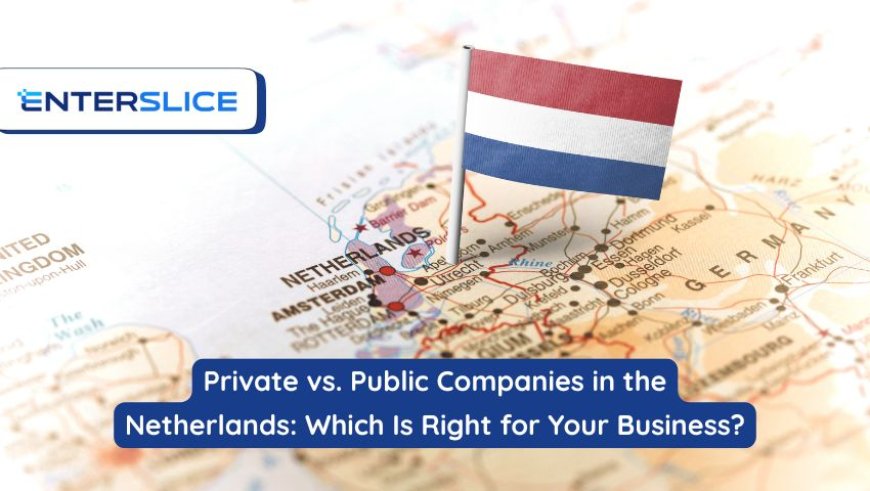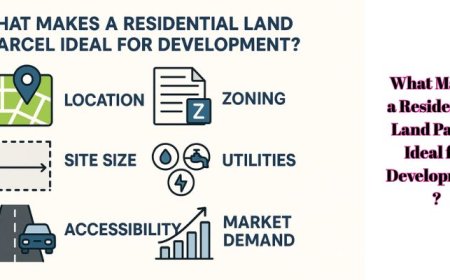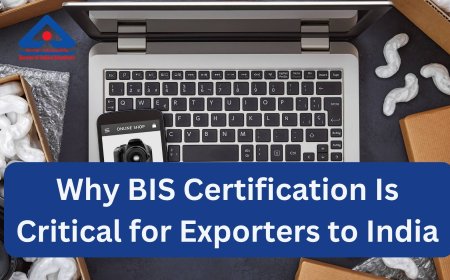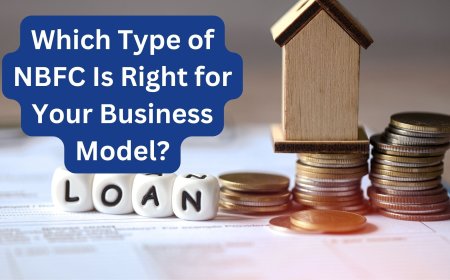Private vs. Public Companies in the Netherlands: Which Is Right for Your Business?
Explore the pros and cons of private vs. public companies in the Netherlands. Choose the best legal structure for your business formation.

If you're considering starting a business in Europe, the Netherlands likely appears at the top of your list—and for good reason. With its strategic location, strong economy, and entrepreneur-friendly climate, it's an ideal destination for global business expansion. But one of the first big decisions you'll need to make during company registration in the Netherlands is choosing between a private limited company (Besloten Vennootschap or BV) and a public limited company (Naamloze Vennootschap or NV).
The choice between these two legal structures significantly affects your company's governance, liability, ability to raise capital, and compliance obligations. In this article, we break down the key differences between private and public companies in the Netherlands so you can make an informed decision for your business formation in the Netherlands.
Understanding the Basics
Before diving into the differences, let's quickly define the two main types of corporate entities:
-
BV (Besloten Vennootschap): A private limited liability company. It’s the most common legal form used by small to medium-sized enterprises (SMEs) and startups.
-
NV (Naamloze Vennootschap): A public limited liability company, typically used by larger companies planning to raise capital publicly.
Now, let’s explore how each one compares in practical terms.
1. Shareholding and Capital Structure
One of the key differences lies in how shares are structured and traded.
Private (BV):
-
Shares are privately held and not publicly traded.
-
A BV can be established with a share capital of as little as €0.01.
-
Ideal for closely-held businesses like family-owned firms or startups.
Public (NV):
-
Shares can be offered to the public via the stock market.
-
Requires a minimum share capital of €45,000.
-
Better suited for large-scale operations with plans to attract public investment.
If you’re planning a Holland company formation to test or grow a new venture, a BV typically offers more flexibility and lower capital requirements.
2. Company Governance
Your choice affects how your company is managed and structured.
BV Structure:
-
More flexibility in corporate governance.
-
Only a general meeting of shareholders and managing director(s) are required.
-
Supervisory boards are optional but can be added for more oversight.
NV Structure:
-
Subject to stricter governance regulations.
-
Requires both a management board and a supervisory board in most cases.
-
Corporate governance is aligned with public transparency standards.
If you’re building a lean team or starting with minimal staff, a BV will be easier and cheaper to manage.
3. Capital Raising and Investment
NV companies have a major advantage when it comes to raising capital.
-
Public companies can raise funds through stock exchanges, making them more attractive to venture capitalists and institutional investors.
-
BV companies cannot list shares on the stock exchange, which limits fundraising to private sources.
That said, if you’re not yet seeking public funding or large-scale investment, a BV structure offers fewer administrative and compliance burdens, perfect for early-stage businesses.
4. Disclosure and Compliance
Every business in the Netherlands is required to comply with the Dutch Civil Code; however, public companies face additional transparency requirements.
BV Compliance:
-
Fewer obligations regarding public disclosure of financial information.
-
Annual accounts must be filed with the Dutch Chamber of Commerce, but auditing requirements depend on the size of the company.
NV Compliance:
-
Stricter auditing and public disclosure standards.
-
Required to publish annual financial statements and potentially quarterly reports.
When thinking about business formation in the Netherlands, your capacity to handle compliance, especially if you’re an international founder, is an important consideration.
5. Taxation and Residency
Whether you choose a BV or NV, your company will be subject to Dutch corporate tax laws. As of 2025:
-
Corporate income tax is 19% on the first €200,000 of profit, and 25.8% above that.
-
Both BV and NV structures are treated equally for taxation purposes.
That said, tax residency and compliance depend on where your management activities occur. Proper company registration in the Netherlands also includes aligning with Dutch tax authorities and possibly VAT registration.
Also Read: Legal Framework for Company Registration in Bermuda
Which One Is Right for You?
Here’s a simplified breakdown to help you decide:
Choose a BV if:
-
You're a startup or SME.
-
You plan to keep control within a small group.
-
You want lower upfront capital investment.
-
You prefer more flexible governance and fewer compliance requirements.
Choose an NV if:
-
You're preparing to raise capital through public investors.
-
You anticipate scaling to a large or international enterprise.
-
You want enhanced credibility with global investors.
-
You’re ready for rigorous governance and disclosure obligations.
For most international entrepreneurs exploring Holland company formation, a BV is the logical starting point. It offers the simplicity and cost-efficiency needed to enter the market quickly while allowing future upgrades to an NV structure as your business grows.
Conclusion
The Netherlands offers one of the most business-friendly environments in Europe, but choosing the right company structure is key to a successful launch. Whether you opt for a private BV or a public NV, your decision will shape your company's capital strategy, compliance obligations, and scalability.
If your priority is streamlined entry into the Dutch market, go for a BV. If you're already thinking about IPOs or large-scale investment, then an NV might be your path. Either way, ensure that your company registration in the Netherlands aligns with your long-term business goals and operational realities.
Setting up a company in a foreign country doesn’t need to be overwhelming. With the right guidance and a clear plan, your business formation in the Netherlands can be both strategic and seamless.
Also Read: Documents Required for Company Registration in Switzerland
Frequently Asked Questions
1. Can a non-resident start a BV or NV in the Netherlands?
Yes. Foreign entrepreneurs can set up either a BV or an NV. However, you’ll need a local registered office, and depending on your structure, at least one Dutch-resident director may be recommended for practical and tax purposes.
2. How long does it take to register a company in the Netherlands?
Company registration in the Netherlands can usually be completed within 5 to 10 business days if all documents are prepared in advance. Delays may occur if notarization, translations, or due diligence are required.
3. Can I start with a BV and later convert it into an NV?
Yes, you can convert a BV into an NV as your company grows. This typically involves legal restructuring and compliance with capital and governance requirements set by Dutch corporate law.
















































































